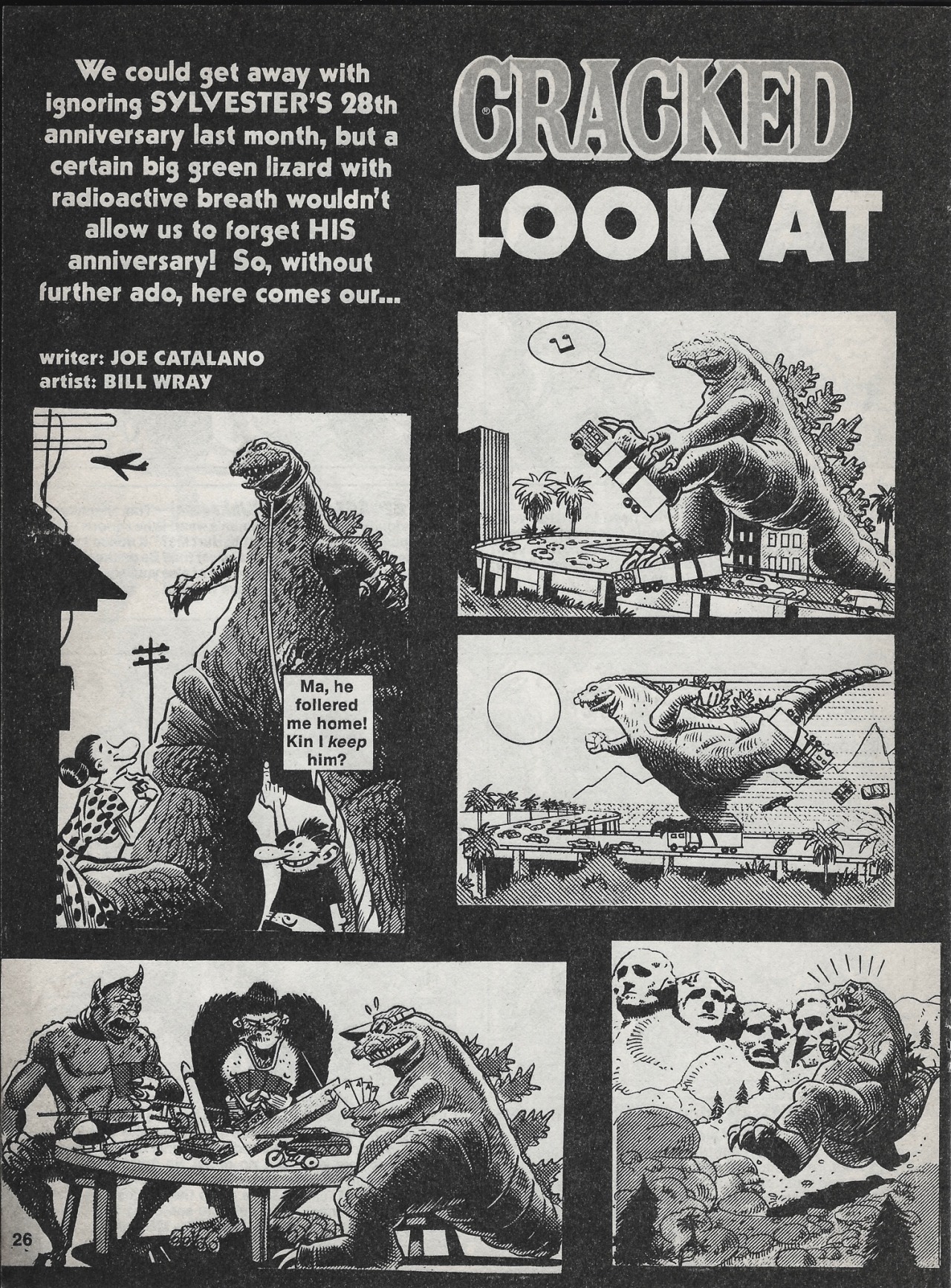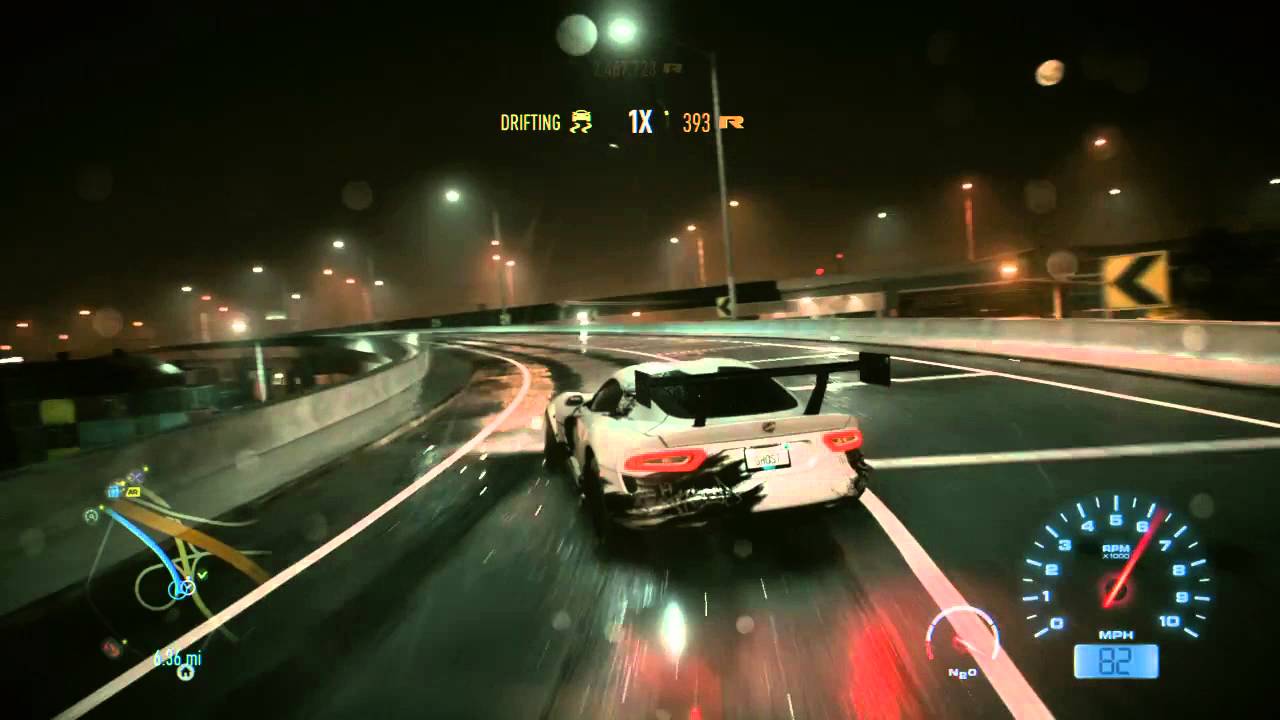


Researchers are feeding images of Go moves into a deep learning neural network so that it can learn what a successful move looks like. Now, Facebook is using similar technology to recognize a promising Go move-to visually understand whether it will be successful, kind of like a human would. And Microsoft can instantly translate your Skype calls. Google's smartphone digital assistant can recognize the commands you bark into your Android phone. Thanks to these neural networks, your Facebook app can recognize photos of you and your friends. To recognize a cat, for instance, a deep learning system analyzes thousands of known cat photos, feeding each into a network of machines that approximate the neural networks of the human brain. In recent years, companies like Facebook, Google, and Microsoft have shown that deep learning is remarkably adept at recognizing photos, identifying spoken words, and translating from one language to another. With this in mind, researchers at Facebook are now tackling Go with an increasingly important form of artificial intelligence known as deep learning. You can't use the same approach as a Deep Blue or a Watson. Getting a computer to play this way is another task entirely. The top players will tell you they play in a way that's, on some level, subconscious. On a Go board-a 19-by-19 grid where players place pieces at the intersection of two lines-the number of possible moves is far greater, and identifying the benefits of a particular move is far more complicated, even mysterious. Likewise, a machine can look ahead in a game of Go- the Eastern version of chess-but in this case, looking ahead is far more difficult. But a machine can examine far more future moves than Kasparov ever could. Yes, a chess grandmaster like Kasparov can look ahead in a similar way. With all those other games, computers can win by, in essence, analyzing the many possible outcomes of every possible move. But there's one notable pastime where we humans still come out on top: the game of Go. Machines can now beat the best humans at a wide range of games traditionally held up as tests of intellect, from Scrabble to Othello. And in 2011, another IBM machine, Watson, topped the best humans at Jeopardy!,the venerable TV trivia game show. Three years later, to much fanfare, IBM's Deep Blue supercomputer won its chess match against reigning world champion Gary Kasparov. In the mid-'90s, a computer program called Chinook beat the world's top player at the game of checkers.


 0 kommentar(er)
0 kommentar(er)
